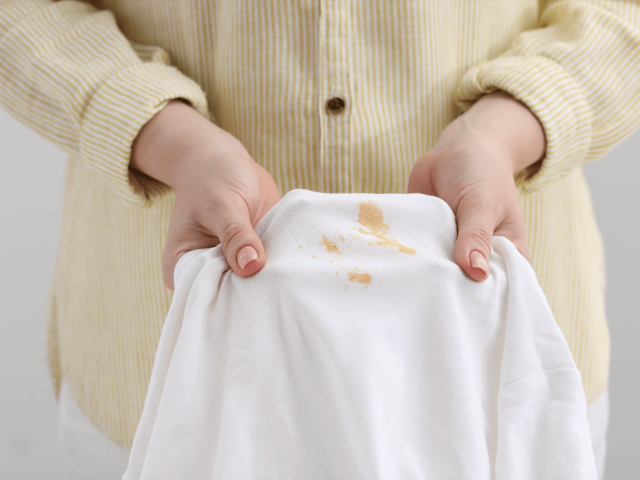When EWG released its Guide to Healthy Cleaning in 2012, some of our scores and findings surprised not only our viewers but us, too. Who knew Lysol made a product EWG can recommend, while many cleaning products marketed as “natural” or “green” don’t pass? We were also shocked to find out how common it is in the cleaning product industry to hide ingredient information from consumers.
I’m highlighting here some of the more noteworthy examples of the findings that raised eyebrows. Some of our readers have said they wanted more explanation of these results. Here’s a sampling:






